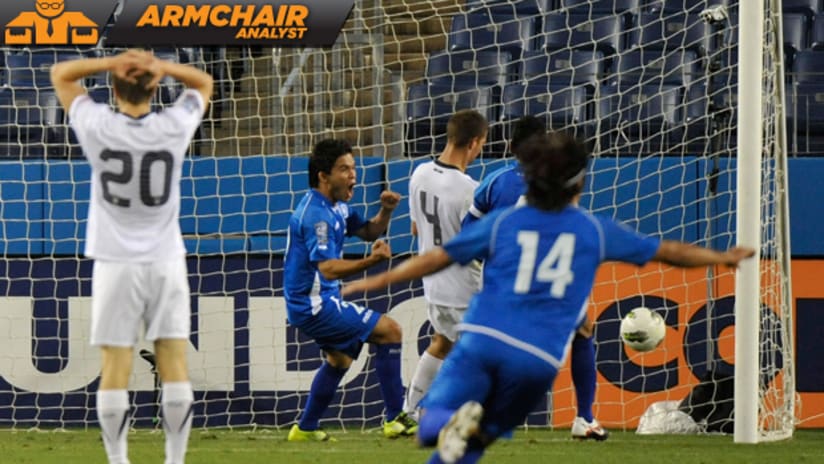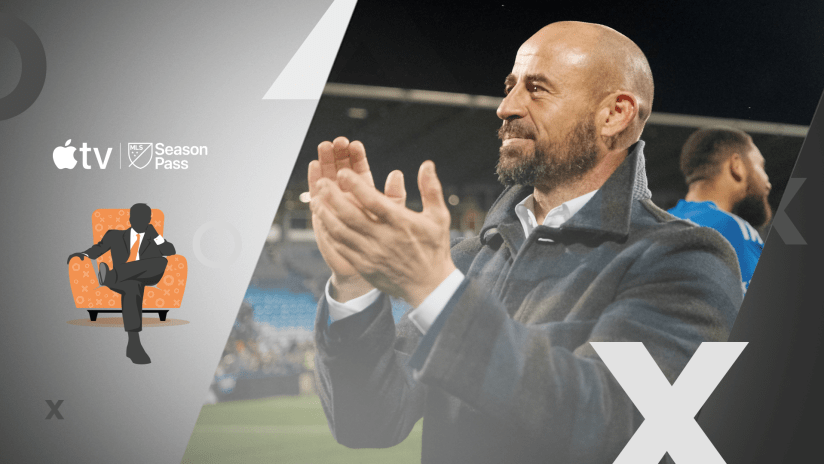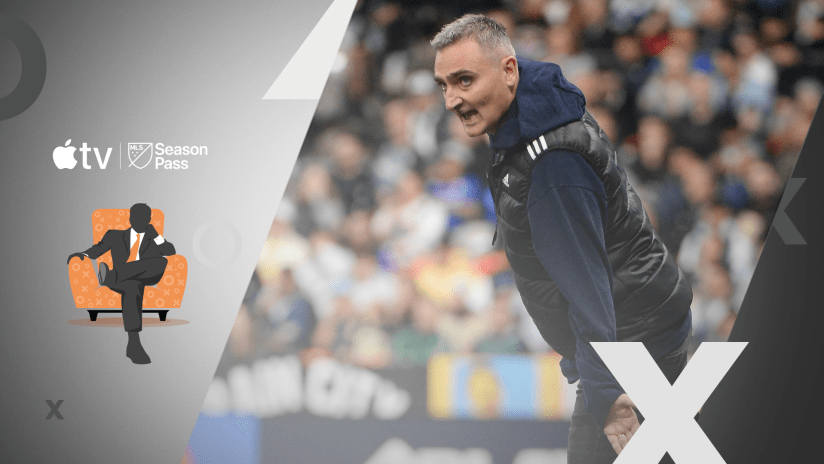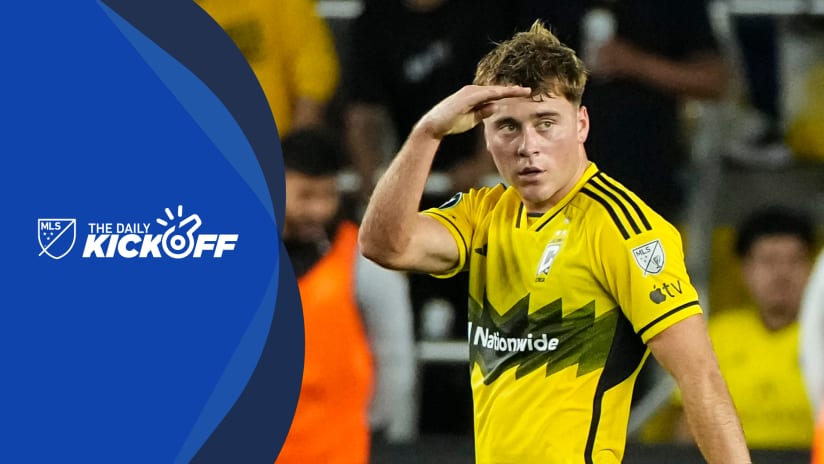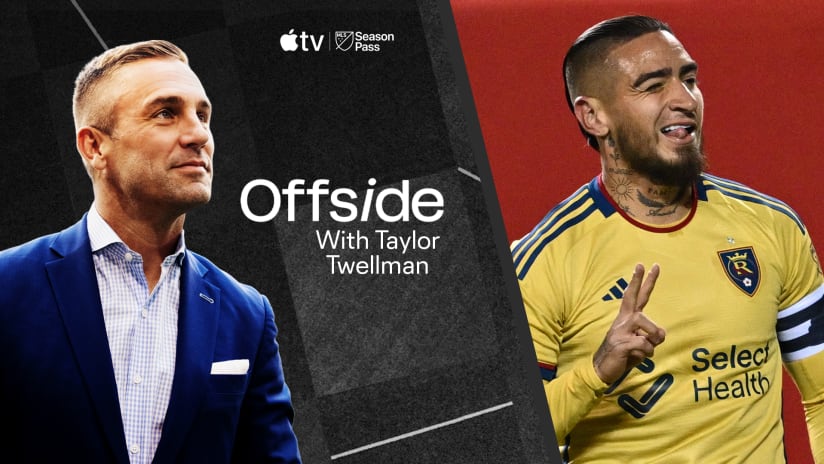Often in this column I get to play mad scientist, picking through the various data and arranging it in a new or unorthodox way in order to make sense of a particular 90 minutes. It feels like I’m putting pieces of a puzzle together.
This week I feel more like I’m doing an autopsy.
In a historical context, the US U-23 team’s failure to qualify for the London Olympics isn’t exactly unprecedented. The 2004 side – which featured guys like Landon Donovan, DaMarcus Beasley and Oguchi Onyewu – got absolutely smoked, 4-0, by the Mexicans in the semifinals and ended up watching the Athens Olympics on TV like the rest of us.
But there’s a difference between losing 4-0 at Mexico in the knockout rounds and drawing 3-3 at home against El Salvador to crash out of the group stage. There's a difference between getting run off the field in Monterrey against a team in green and getting out-played, out-thought and out-fought in a 2-0 loss to Canada.
It’s a colossal failure, and while the world’s not ending because of it, Caleb Porter & Co. didn’t do themselves or US soccer as a whole any favors. If you'd given any American coach in history the chance to win one out of two on home soil against the Salvadorans or the Canucks, every single one would have nodded and said, "Challenge accepted."
In an aftermath full of recriminations, Porter has deservedly taken much of the blame.
The tactical mess that the US made on the field, something I alluded to in this space a month ago, is why.
Put simply: The 4-3-3 was the wrong choice for this group of talent.
Look, I understand that we all want the US to look like Spain as soon as humanly possible. I certainly do.
But this current Spanish generation is pretty much the product of 40 years of Barcelona's famed La Masia academy. You don’t replicate that in one Olympic cycle, not without cutting some corners and driving some square pegs into round holes.
In this case the square pegs were Perry Kitchen in defense and Mix Diskerud as the two-way central midfielder.
El Salvador knock US out with 3-3 draw
Kitchen has proved time and again that he is not able to keep up as a central defender at anything higher than the collegiate level. He struggled in central defense for the U-20 side that failed to qualify for the World Cup last spring. In MLS, he almost single-handedly put Will Bruin into the 2011 Rookie of the Year race. And he spent much of the group stage trying to figure out when to bring his line forward and when to retreat.
That confusion was contagious, and Ike Opara, Jorge Flores and Kofi Sarkodie all deserve their share of the blame – not to mention goalkeepers Bill Hamid and Sean Johnson, who were awful.
But it's Porter who put Kitchen in a position to fail, right in the middle of the defense.
On the club level, United now use Kitchen as a defensive midfielder. And he’s a pretty good one at that – the best Porter had available to him with Danny Williams, Rich Balchan and Alfredo Morales all out for various reasons. He should have been used there for the U-23s.
Since he wasn’t, that meant Amobi Okugo was the defensive midfielder (once Jared Jeffrey had shown he wasn't up to the task) and Diskerud the No. 8. Tough break for Okugo, since Diskerud – whose passing game is really delightful – refuses to track back, and instead only plays lanes.
To put it into context, Diskerud plays the role that Ramires plays when Chelsea go 4-3-3, or the role that Michael Bradley would play should the full US side go 4-3-3. It's the role Roger Espinoza plays for Sporting KC. Are any of those guys known for lack of bite, range or tenacity on the defensive side of the ball?
In a one-off, Diskerud’s physical limitations and natural inclination toward cherry-picking can be glossed – especially when playing in front of a player as gifted as Morales, who was excellent against Mexico in the US' 2-0 friendly victory last month.
In a tournament setting, however, all those failings came to the fore. Against Canada, Diskerud failed to put any pressure on Philippe Davies pretty much throughout, but especially on the cross that led to the second goal. Davies is a nice player and all, but he's not Marc Overmars – getting tight on him presented very little real risk.
And the US' tournament ended with a completely gassed Okugo, who’d done the running for two men in two straight games, futilely chasing El Salvador's Jaime Alas. He got just close enough to watch the little attacker send Los Custcatlecos into the semis.
The other reason Okugo spent so much time chasing is because of how spread out the US were. That’s what this version of the 4-3-3 is designed to do – get the game wide open, play in a couple of pacy, active wingers and dominate physically.
The US didn’t dominate physically. And while Freddy Adu had a very nice game, he’s not scaring anyone with his pace these days.
So the Salvadorans were able to stay compact on defense, then charge into gaps that quite literally showed up all over the field whenever the US turned the ball over. Which was often. The Canadians, meanwhile, played a 4-3-2-1, stifled any US creativity in midfield, and turned it into a set-piece contest. Porter referenced this after the game, and the next time out attempted to remedy the situation by not changing a thing.
It was, and is, bizarre. The US, in that alignment, are easy to play against. You have room to pass. You have room to receive. You have room, as Alas did, to dribble, unmolested, 40 yards across the midfield and choose your shot.
When has that ever been said of a US side? Have the US, even when outclassed, ever made the game easy for the opposition in a game that counted?
The final big sin of the 4-3-3 is that it got away from what this particular age group has: big, strong forwards and tons of guys who can cross.
Personally I’d rather have seen Brek Shea and Adu crossing to two forwards than one. Watching Terrence Boyd go one-on-three in the box – the fact that he performed as well as he did in that situation speaks to just how impressive a prospect he is – was a sad commentary on the dogmatic stubbornness that's crept into how we conceptualize the game these days.
It’s especially galling since Joe Corona’s goal showed just how weak El Salvador are in the air. Put Bruin next to Boyd and the US win 6-3. It wouldn’t have been pretty and the defense would still be a weak spot, but next to that 3-3 draw it's the most beautiful result in the world.
What it comes down to is that this group wasn’t designed to play the way Porter asked them to. And then when he had a chance to adjust, he didn't.
And that’s the real lesson this autopsy gives us: Wishing you can play a certain way is not the same as actually going out and doing it.

